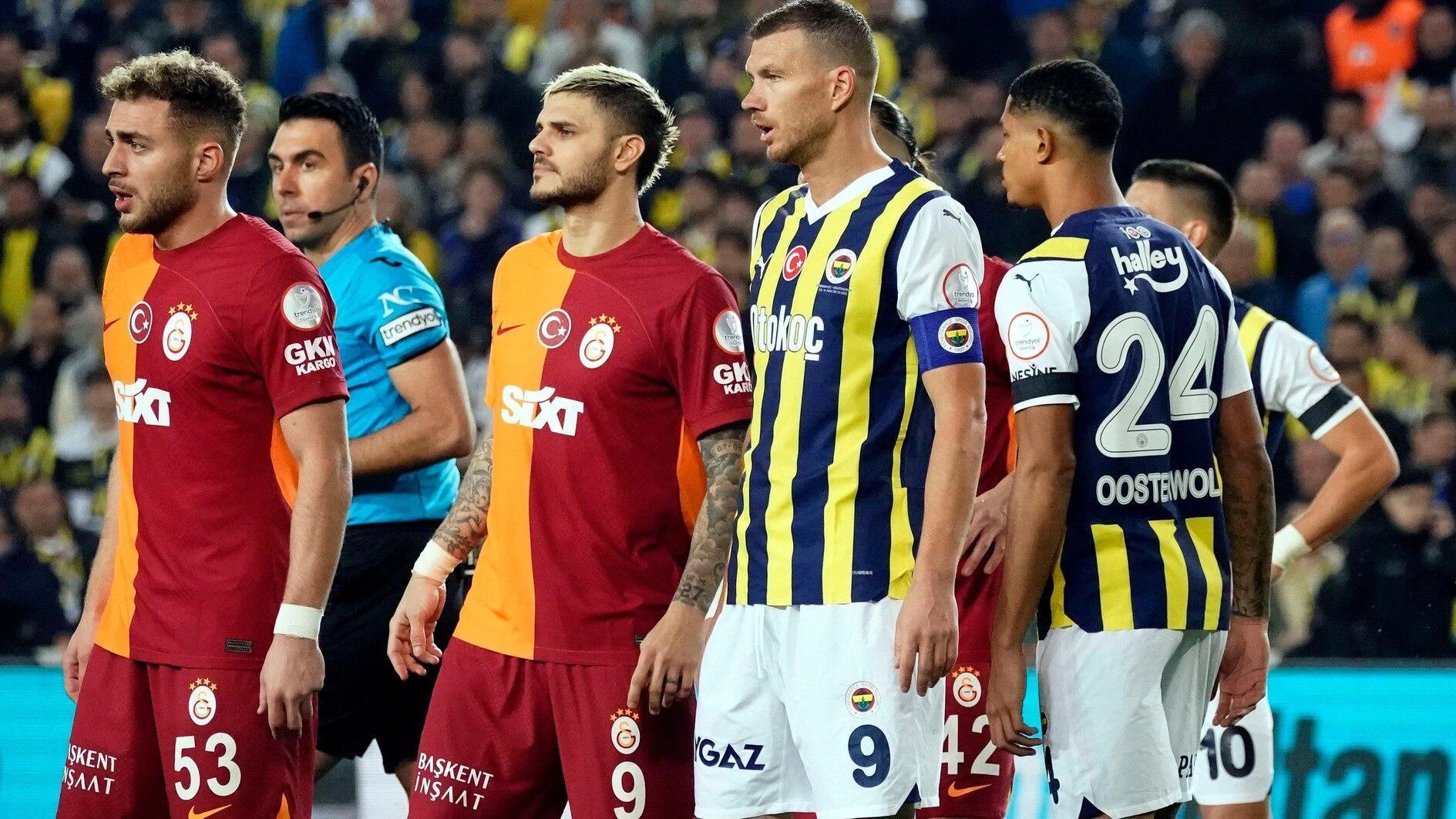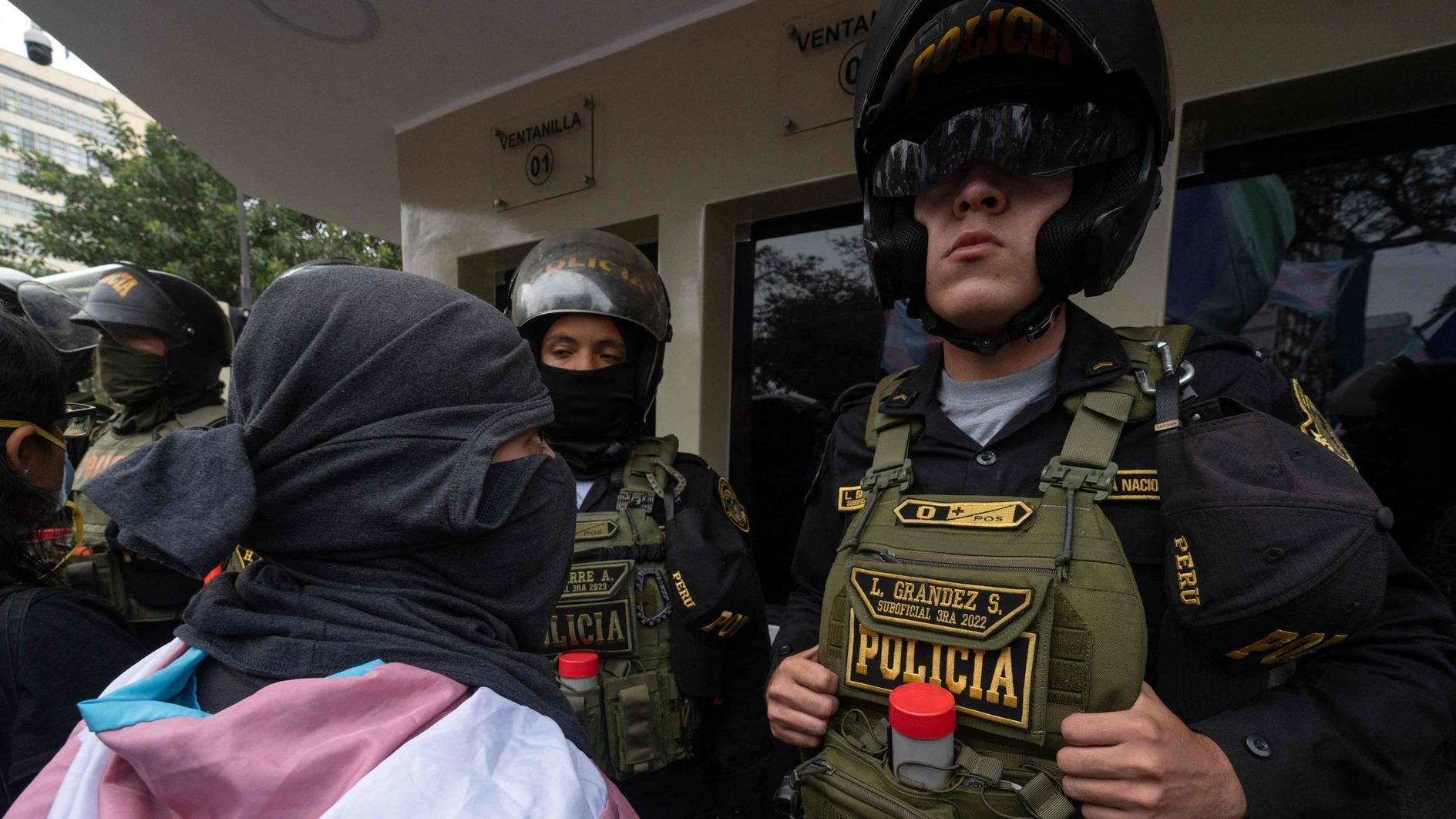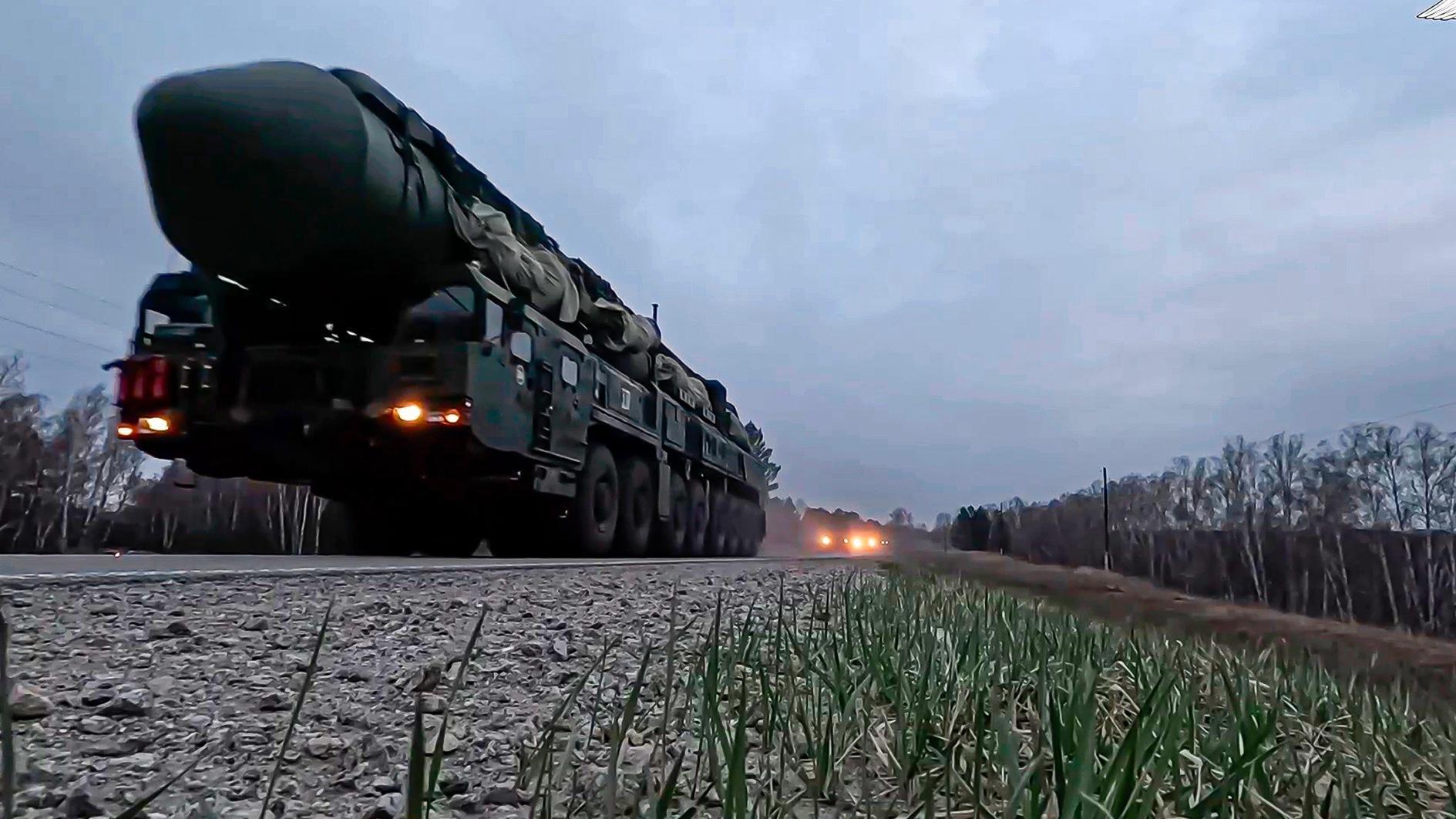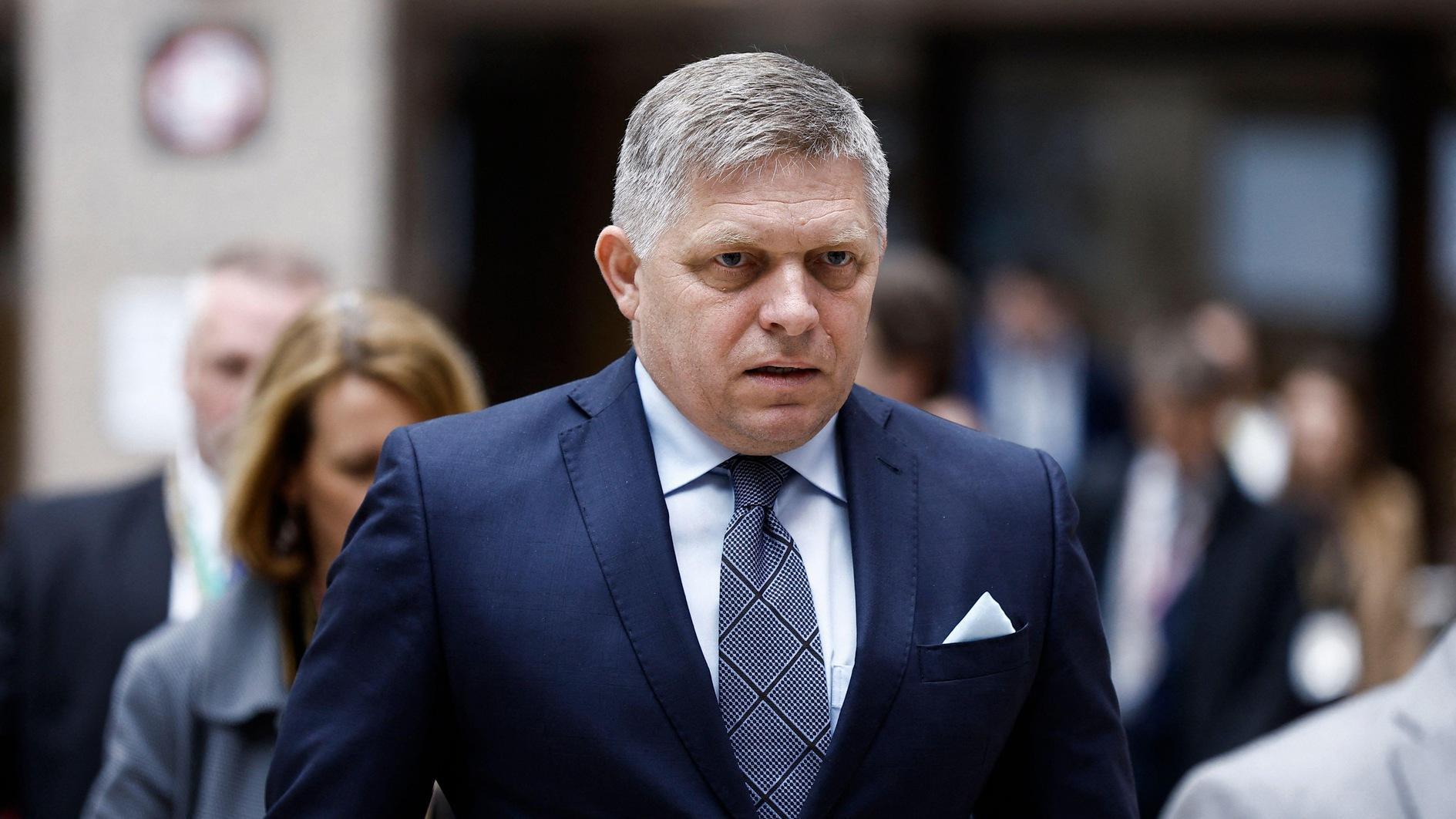Comparing coalition options in Turkey
The first contact in Turkey’s official coalition talks took place on July 13 as Prime Minister Ahmet Davutoğlu and his Justice and Development Party (AK Party) team visited Republican People’s Party (CHP) head Kemal Kılıçdaroğlu at the latter’s party headquarters.
Davutoğlu did not give away many details in his press conference after the visit, which lasted 1 hour 40 minutes. But he did say it was a “good meeting” and mentioned the need for a “long-lasting coalition,” adding that they may now have a follow up meeting.
Both Davutoğlu and CHP spokesman Haluk Koç underlined that both parties highlighted the need for a “strong government.” Koç vowed that the CHP would not be the party to block a solution.
The prime minister also said he would convey the same perspective to Nationalist Movement Party (MHP) head Devlet Bahçeli in his visit scheduled for July 14, but it is unlikely to be the same with his visit to the Kurdish problem-focused Peoples’ Democratic Party (HDP), scheduled for July 15. Davutoğlu does not think the HDP is a potential partner, unless the HDP can convince the outlawed Kurdistan Workers’ Party (PKK) to remove all of its armed units from Turkey for the resumption of the Kurdish peace process. That is not likely to happen in the short term.
So that leaves the coalition options limited to AK Parti-CHP or AK Parti-MHP.
Before yesterday’s contact, Kılıçdaroğlu said the most likely coalition option seemed to be an AK Parti partnership with the MHP, as the two parties share similar conservative-nationalist grassroots. Bahçeli, on the other hand, also said he wanted the MHP to remain in opposition, and suggested an AK Parti-CHP coalition as the most likely option. Actually, Kılıçdaroğlu and Bahçeli were both saying that they were not keen on being partners with the AK Parti, which they accused of corruption and misconduct in their campaigns prior to the June 7 general election.
It is difficult for the conservative AK Parti with its Islamist roots to shake hands with the social democratic CHP, but it might be easier if they both abide by a coalition protocol that they could draw up. In European politics, such an arrangement of the two largest parties is often called a “grand coalition.” Certainly, the overall AK Parti-CHP parliamentary majority would be large enough to write a more democratic constitution for Turkey’s future.
A coalition of the AK Parti with the MHP, meanwhile, could be relatively easy under other circumstances, as they share a similar voter base. But the shadow of the Kurdish issue will be cast on coalition talks between the two parties, with Bahçeli demanding that Davutoğlu stop the Kurdish bid as his primary condition for a coalition. This comes at a time when the PKK has started to threaten the government with resuming attacks if peace talks are not resumed. There are also general question marks about the sustainability of an AK Parti-MHP coalition, as Bahçeli has suggested holding another election to make the results clearer. So an AK Parti-MHP coalition could be difficult to come to terms with and difficult to continue.
Another issue is timing. Davutoğlu has said he will have a second round of “exploratory” talks next week before deciding which party he wants to continue with and then going into details. Either way, the 45-day clock started tickling on July 9 for the formation of a new government; if no government can be formed, President Tayyip Erdoğan will not hesitate to call a re-election.











